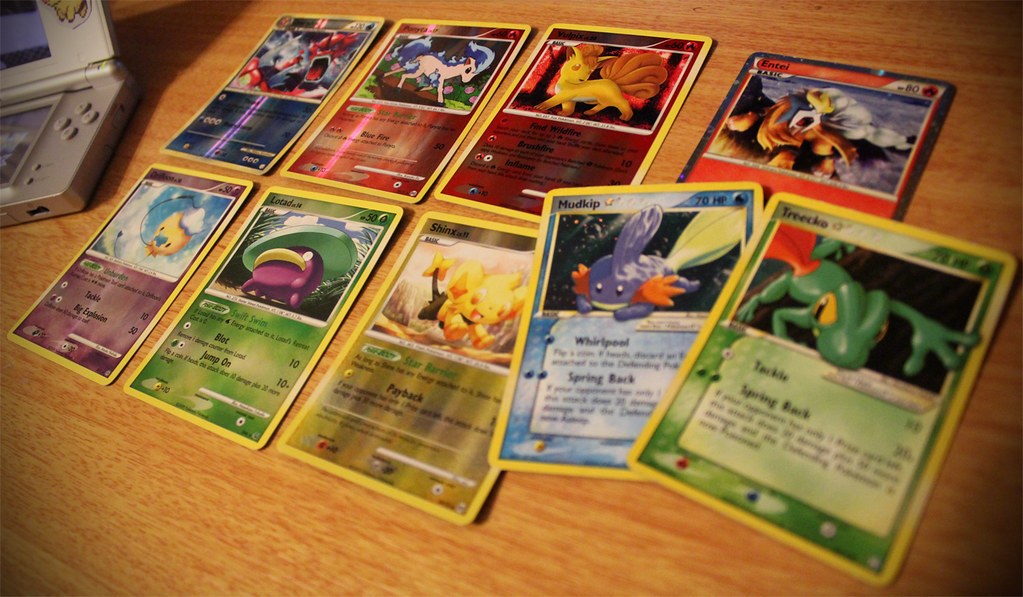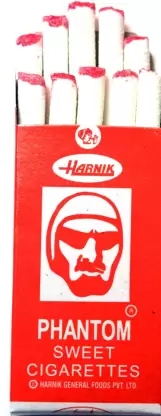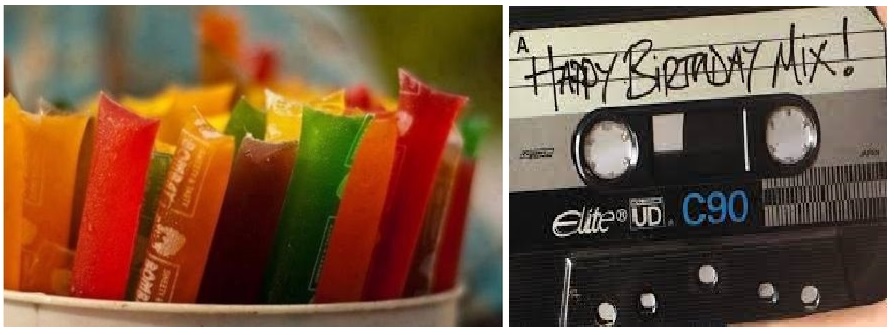Remember the video game that you used to play in your childhood? The game cassette claimed 999999 in 1 but it was few games just repeated may times and you still enjoyed playing with them. The times were simple, we used to trade the Pokémon cards, WWF trump cards. Speaking of WWF- every boy in the school knew the story of rivalry between the Kane and the Undertaker still being brothers, how many times the Undertaker had reborn. We had that red-blue eraser which could supposedly erase both the pen and pencil writings. Everyone had played that pocket brick game bought from the local fair at least once. Tom and Jerry, Popeye, Looney Tuns, Beyblade- these were some of the favorite cartoons and who could forget the Power Rangers- they were the Avengers of our times. Spiderman was present on every possible school stationary that you could have- starting from the school bags, water bottles to the pencil boxes and textbook stickers. Those were the days! These days bring back all those fun we had, reminding us that even though they cannot be brought back, which is sad but still we are happy that we were able to experience them.
Nostalgia- The ride down the memory lane…






The concept of nostalgia has traces 3000 years back when it was related to a mental disease closer to depression or melancholy. Nostalgia is made up of Greek word νόστος (nóstos), meaning “homecoming”, and ἄλγος (álgos), meaning “pain”. The later stages when the psychology became more experimental the Nostalgia was less of a disease and more of a complex emotion.
The feeling of nostalgia is closely related the reminiscence of memories evoked by the stimulation of our senses. You smelled- tasted something good, listened to that catchy tune and suddenly remembered the days you used to enjoy the same feelings in the past. The memories we remember are the main media-vehicles for the nostalgia. You have this flood of emotion when you suddenly remember ‘the good old days’, ‘the fun you had’, ‘the pranks you pulled on each other’ on the last day of the college graduation.
The pop culture- Memes (90% of the meme empire is built on the nostalgia), Movie reboots (Star Wars, Spider-verse), Spin-offs (Again Star Wars!), Music industry (that catchy song present in every Instagram reel), Social Media, Advertisements are the best example of high intensity of engagement created using the Nostalgia.
Nostalgia is all about the memories you reminisce and recalling the good experiences you had. But it is proven by research that when we are remembering something from the past, we are not actually recalling the exact events which ‘happened then’ rather we are remembering how we felt, the emotions we went through, our reactions to the events. Meaning, one common event may create different feelings of nostalgia in different people because these experiences/ reactions are very personal. Hence, we can say that Nostalgia is relative. Roughly Nostalgia has been classified as Personal and Historical. Personal nostalgia we are all clearly aware of- these are highly connected to your own experiences. Historical nostalgia is one beautiful thing. It is the yearning for the past, times in history that you haven’t actually lived through. These are the times in history you are exposed to through reading, by listening to the stories from the people who lived through it- like your stories from the times of your grandparents, the media you consumed (the 80’s songs, Classic movies, Classic novels). There is a word for this called ‘Anemoia’ meaning nostalgia for a time you’ve never known. This clearly shows that nostalgia is not about the moments happened in your life it is about how you felt through them.
Nostalgia most of the time is observed to be a positive emotion but it can sometimes make you sad too (which was the backstory behind naming the emotion as ‘nostalgia’) Being a highly social emotion nostalgia is a double-edged sword, a boon and a curse. When you are with the group of people who shared common experiences- the nostalgia becomes the glue which will hold the group the together, strengthen the bond between your group. But if you do not share the experiences in a group then the nostalgia brings in the hostility and feeling of alienation. If you sat down with the group of seniors who went to this great adventure tour and you were not with them. When they will discuss the fun they had, you will instantly feel out of the zone and alienated. Because you hadn’t shared the experience with them. Here nostalgia creates a negative influence. These type of negative influence of nostalgia can be easily erased by involving the other- new person into the similar type of experiences, by asking her/him about same emotions they have experienced thereby creating a bridge between their experiences and your experiences, their nostalgia and your nostalgia.
Some nostalgia may wake the feelings of distaste, hatred within you. This is how most of the political campaigns are carried out. Remember the times the inflation, fuel prices were ‘this’ much high, remember the times ‘these’ inhumane acts happened. Most of the nostalgia brings back the feeling of good times this is how popular culture creates revenue. Those movie call backs, the ‘Easter eggs’ which can keep your conversations on and on are here to be mentioned.
Researchers indicate that the current times of social media have intensified the effects of nostalgia. Though the social media, internet has brought the world closer, we are always lacking the physical interactions between the world and the emotions generated by them. These very personal responses/emotions are the foundation, the seed of nostalgia. Hence the reason you can say why people are so much engrossed in the alternate realities, virtual experiences, virtual worlds. That is the reason people want to run away from the real world. Millennials are the best examples of this. So much that we have Thursdays (TBTs) assigned especially for the thing!
Does that mean we as a human enjoy dwelling in the past? Is Nostalgia a positive feeling or a negative feeling? The answer is both Yes and No.
We humans love patterns, repetitions. Patterns indicate familiarity, safety, predictability. The predictability gives us the feeling that we have control over things thereby comforting us, giving us the feeling of safety, which was an important aspect of our primitive brain considering the survival aspect. The change invites unpredictability, loss of control over things thereby invoking the restlessness, indecisiveness which consistently eats us. Here the role of Nostalgia becomes important. Because we are constantly changing, the feeling of nostalgia takes us back to our past and makes us realize who we were yesterday, who we are today and who we will become tomorrow. Nostalgia is that calibration our brain performs to somewhat adapt to the change happened and make us ready for the upcoming change. Remember the moment you achieved something and you go through all those hardships and fun you had- you are happy remembering them and you now know what they have made you and the things that will follow after this moment.
Nostalgia is that bittersweet emotion as researchers call it. It is the amalgamation of our past, present and future. It makes us aware of how far we have traveled and what the future will bring, which in some sense is the part of life where change is the only thing which is constant. Nostalgia is the emotion which easily creates a common ground for bringing people together, strengthening the feeling of trust.
Further reading:
- Frontiers- Research Topic- Current Issues in Nostalgia Research
- American Psychological Association on Nostalgia by Krystine Batcho, PhD

